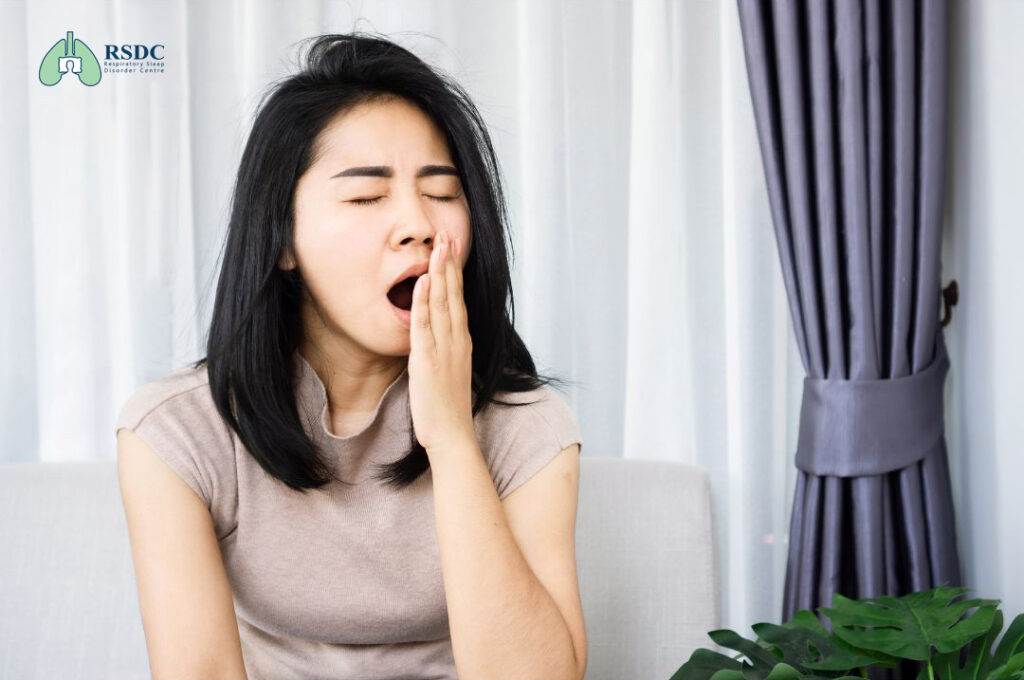Understanding Idiopathic Hypersomnia: Causes, Symptoms, and Treatment
Idiopathic Hypersomnia is a sleep disorder characterized by excessive daytime sleepiness, often affecting daily functioning and quality of life. In this article, we’ll delve into the key aspects of Idiopathic Hypersomnia, shedding light on its causes, symptoms, and available treatment options.
Causes of Idiopathic Hypersomnia: Unraveling the Mystery
Unlike some sleep disorders with well-defined causes, Idiopathic Hypersomnia earns its name from its elusive origin. The term “idiopathic” means that the condition arises spontaneously, without a clear underlying cause. Researchers are actively exploring genetic factors, neurotransmitter imbalances, and abnormalities in the brain’s wake-promoting mechanisms to unravel the mysteries behind this disorder.
Identifying Symptoms: More Than Just Feeling Tired
The hallmark of Idiopathic Hypersomnia is an overwhelming and persistent sense of sleepiness during the day, even after a full night’s sleep. Individuals with this condition often find it challenging to stay awake and alert, impacting their ability to concentrate and engage in daily activities. Other symptoms may include long and unrefreshing naps, difficulty waking up from sleep, and prolonged nighttime sleep.
Diagnosis and Differentiation: Navigating the Diagnostic Process
Diagnosing Idiopathic Hypersomnia requires a thorough evaluation by a sleep specialist. It involves detailed discussions about sleep patterns, a review of medical history, and may include overnight sleep studies to rule out other sleep disorders. Distinguishing it from conditions like narcolepsy or sleep apnea is crucial for crafting an effective treatment plan.
Treatment Approaches: Managing Idiopathic Hypersomnia
While there is no cure for Idiopathic Hypersomnia, several strategies aim to manage its symptoms and improve daily functioning. Lifestyle adjustments, such as maintaining a consistent sleep schedule and incorporating short, planned naps, can be beneficial. Medications, including stimulants and wake-promoting agents, may also be prescribed under the guidance of a healthcare professional.
Living with Idiopathic Hypersomnia: Coping Strategies and Support
Managing Idiopathic Hypersomnia is not only about medical interventions but also about adopting coping strategies and seeking support. Joining support groups, both online and offline, provides individuals with a platform to share experiences and learn from others navigating similar challenges.
Conclusion: Navigating the Wakeful Challenges of Idiopathic Hypersomnia
In conclusion, Idiopathic Hypersomnia poses unique challenges to those affected. By understanding its causes, recognizing symptoms, and exploring available treatment options, individuals can work with healthcare professionals to develop a comprehensive approach to managing this sleep disorder and improving their overall quality of life.

